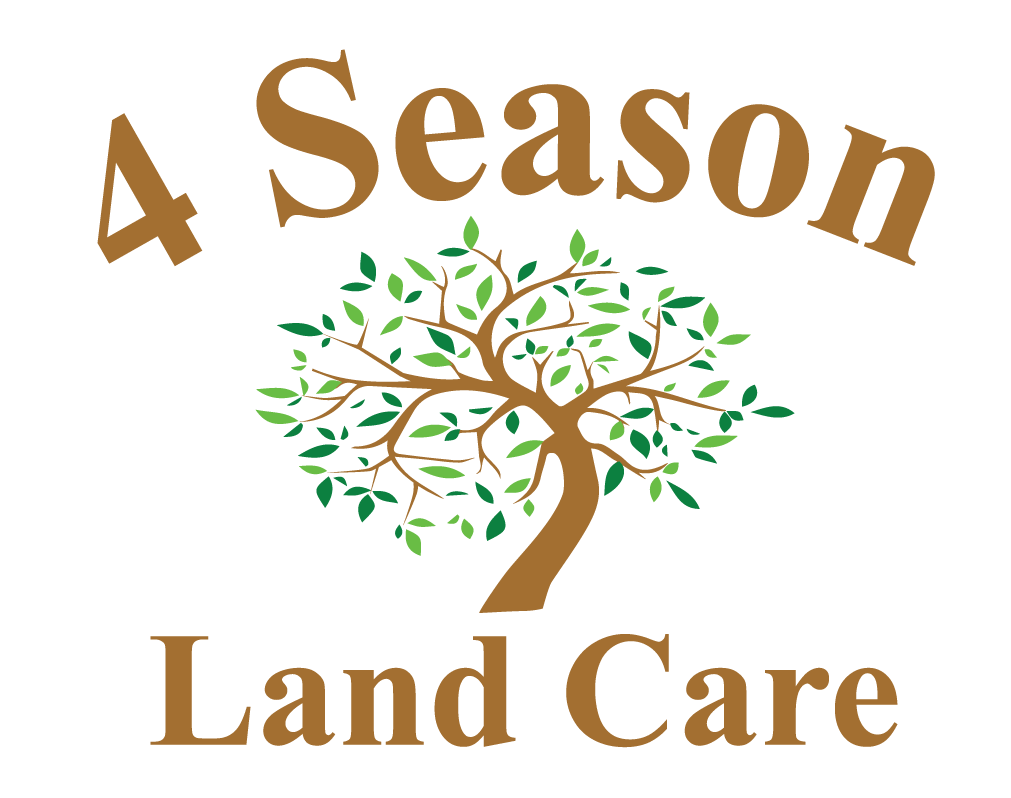Pesticides have been a good thing for humans in many ways. By killing off the pests that destroy our crops, we have more food to eat and don’t have to pay as much for it. That’s part of why apples, strawberries, and most other fruit and vegetable products are cheaper now than they were in decades past.
However, we’re learning more and more about the dark side of using pesticides. Bees are dying off in record numbers, and pesticides are, at least in part, to blame. Bees are now an endangered species, and their numbers have dropped by as much as 95 percent in some areas. Thankfully, there is a lot that you can do to help. But why help the bees?
Bees Really Are That Important To You
You probably have heard that bees are helpful to humans, but how exactly? For the most part, this comes down to pollen. Pollen is what plants use to reproduce, which means it’s how people are able to grow crops, including fruits, vegetables, and grains -- in other words, our primary food sources.
The BBC explains that one-third of our food depends on pollination. Since bees eat the nectar from flowers, they end up pollinating these plants as well. In fact, bees pollinate 70 different types of crops you depend on. Each year, one hive is roughly responsible for helping 4,000 square meters of fruit trees reproduce.
But it’s not just about our fruits and vegetables. Bees pollinate plants that other animals eat as well. Birds and mammals other than humans depend on these plants for food. In fact, even cattle eat alfalfa, which is pollinated by bees. This means that even if you’re mostly a beef eater, you are also impacted by the loss of bees.
How A Garden At Home Can Help
With all that bees do for our fruit, vegetable, and even meat supplies, you can see that something needs to be done. For many people, that something is as simple as a garden in your backyard.
How does a garden help? Honeylove.org explains that the right kinds of flowers in your garden can give both food and shelter to bees. This can help them grow and reproduce in hopes of building their numbers back to when their population flourished. Even if you don’t have much space at your home, using window boxes or planters with just a few flowers will help the bees.
The David Suzuki Foundation recommends choosing plants that flower at different times of the year. This way, the bees have as much food as possible for as often as possible. Talk to the manager at a garden supply store and ask for plants that bloom in your climate. Then, plant them in clumps with only one kind in each group. Don’t be shy about planting a variety of colors -- assuming it’s a bee-safe plant, anything that looks bright and eye-catching to you will also likely attract bees. For more home gardening tips, click here.
More Ways To Save The Bees
Now that you have your garden, there are still a few additional things you can do that can help the bees, and through that, help you.
Buy organic: Almost all organic farms skip using pesticides that kill bees. By supporting these growers, you can encourage more farmers to skip pesticides in order to earn your business.
The same goes for chemicals on your lawn. Bees land there to drink dew, and if your grass is covered in toxic pesticides and fertilizers, it will poison them.
Put water near your garden. Bees need water to drink and wash with, so a small basin near where they eat can help the bees as well.
Help Yourself By Helping Bees
If the number of bees in the world continues to drop, you may start to either pay a lot more for food or miss some types of food altogether. That’s why bees deserve your help. By building a garden in your yard and changing some of your habits, you can help yourself by helping the bees in your region.


